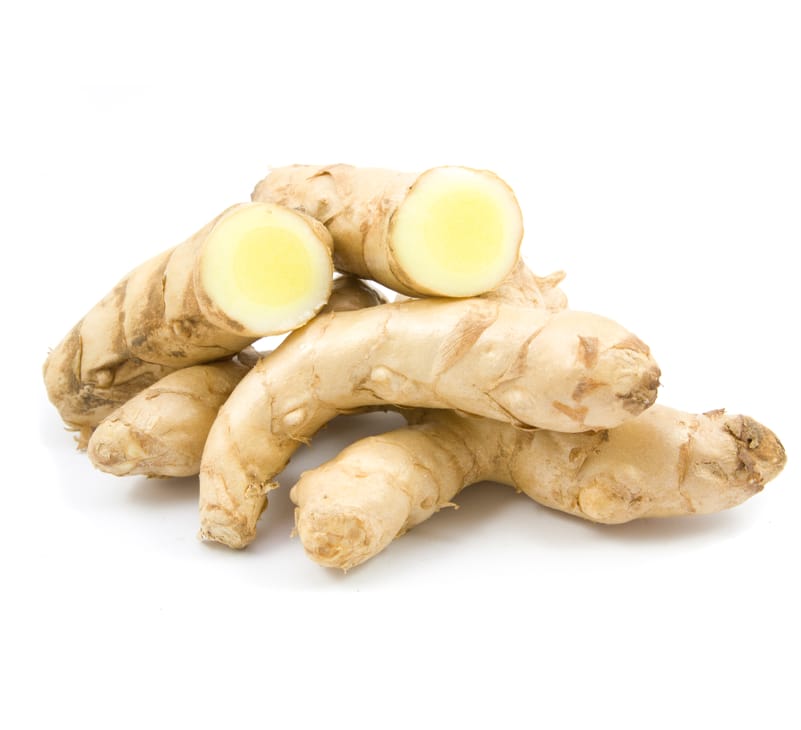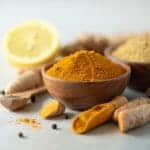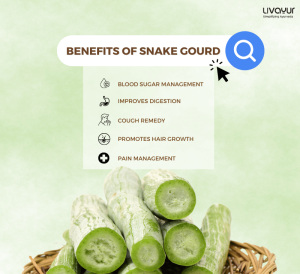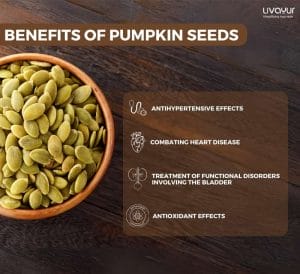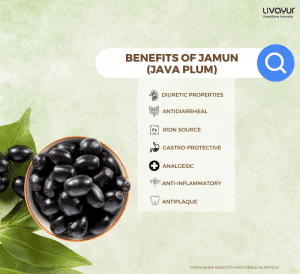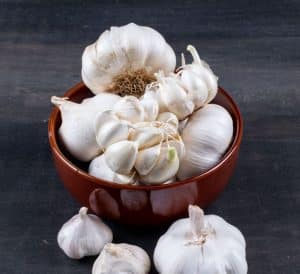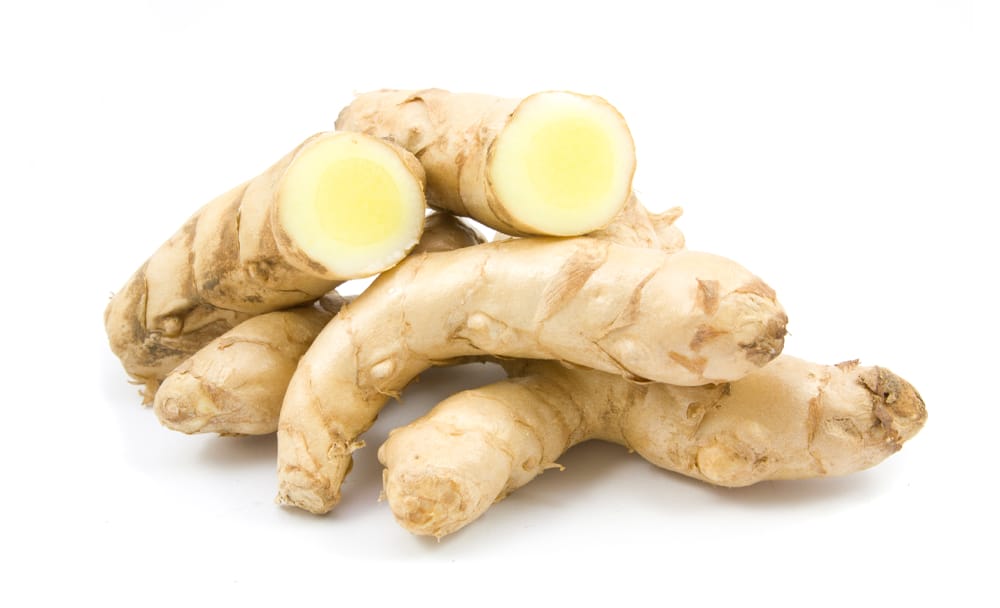
White turmeric, whose botanical name is Curcuma Zedoaria Rosc., is a perennial herb, which is also known as Krachura in Sanskrit. It belongs to the Zingiberaceae family.
It is used traditionally in the treatment of menstrual disorders, vomiting, and cancer related disorders. Those living in rural regions use the root of this Ayurvedic herb in the treatment of dyspepsia, flatulence, cough, cold, and fever.
- Folk Medicine Benefits
When it comes to ethnomedicine or folk medicine, the oil of this rhizome is used as a stomachic and emmenagogic and to treat vomiting and menstrual hematometra. The leaf paste is used as a plaster in lymphangitis and furunculosis, whereas the leaf juice is used to treat dropsy and leprosy. Moreover, the powdered herb is used as anti-allergens. Lastly, fresh roots are used in the treatment of leucorrhoea discharge, and the juice of the tuber is used to treat worms in children.
- Combatting Respiratory Problems
White turmeric helps in managing excess Kapha dosha. This is extremely important because when this dosha is significantly high in an individual, they could experience a build-up of mucus. White turmeric helps in reducing excessive phlegm, thus guarding against respiratory problems that are associated with too much Kapha. Hence, white turmeric is used in the treatment of cough, cold, as well as asthma.
- Relieving Pain
White turmeric possesses excellent analgesic and anti-inflammatory properties. Hence, practitioners of Ayurveda commonly recommend white turmeric to ease aches and pains, especially those associated with inflammation. This may also include joint and muscle pain as well as inflammation. In addition, turmeric may prove to be helpful when it comes to clearing inflamed skin, as in the condition of acne.
- Improving Digestion
Ayurveda advocates that a strong digestive system is a foundation for excellent health. When digestion gets sluggish because of excessive Kapha dosha, white turmeric can be used in combatting problems related to digestion. The use of white turmeric may be indicated to combat indigestion, flatulence, loss of taste, poor appetite, worms, and irregular bowel movements.

- Detoxifying the Body
Ayurvedic herbal compounds present in white turmeric help in the elimination of metabolic waste through the effective balancing of both the Kapha and Vata doshas. Because of the realities of modern-day living, individuals are exposed to toxins quite regularly, be it through the air, food, water, or soil. Hence, it is an excellent idea to cook with turmeric and incorporate it into herbal compounds. Moreover, white turmeric’s detoxifying properties help in removing impurities from the blood by supporting liver function.
- Preventing Cancer
Research indicates that white turmeric may help in guarding against the development of some types of cancer. Moreover, it can also fight cancerous cells. This can be yet another reason to incorporate white turmeric in your daily diet.
- Combating Harmful Bacteria
White turmeric is known for its antimicrobial activity. Extracts of the tubers show excellent antimicrobial activity against E. coli, Candida sp., S. aureus, Corynebacterium species, and Aspergillus sp., among others. Research also found that the anti-microbial action of C. zedoaria or white turmeric was as potent as commercial mouth rinses in inhibiting the growth of oral pathogens.
- Fighting Allergies
Oils derived from white turmeric demonstrate moderate to good antioxidant activity; they successfully search free radicals and chelate heavy metal ions. Curcuminoids, which are present in white turmeric, demonstrate anti-allergic activity and are found to be of therapeutic use in skin-related allergic reactions. Curcumin demonstrates the highest anti-allergen activity, which is mediated by inhibiting the activity of inflammatory proteins and preventing the release of chemicals that trigger allergic reactions.
On a Final Note:
Curcuma zedoaria or white turmeric is a renowned plant in the Ayurvedic system of medicine, besides which folklore medicine also claims its efficacy and use in diarrhoea, cancer, ulcers, dysentery, and toothache, to name a few. Research conducted through the usage of diverse in vitro and in vivo techniques of biological evaluation eventually supports most of these claims.




